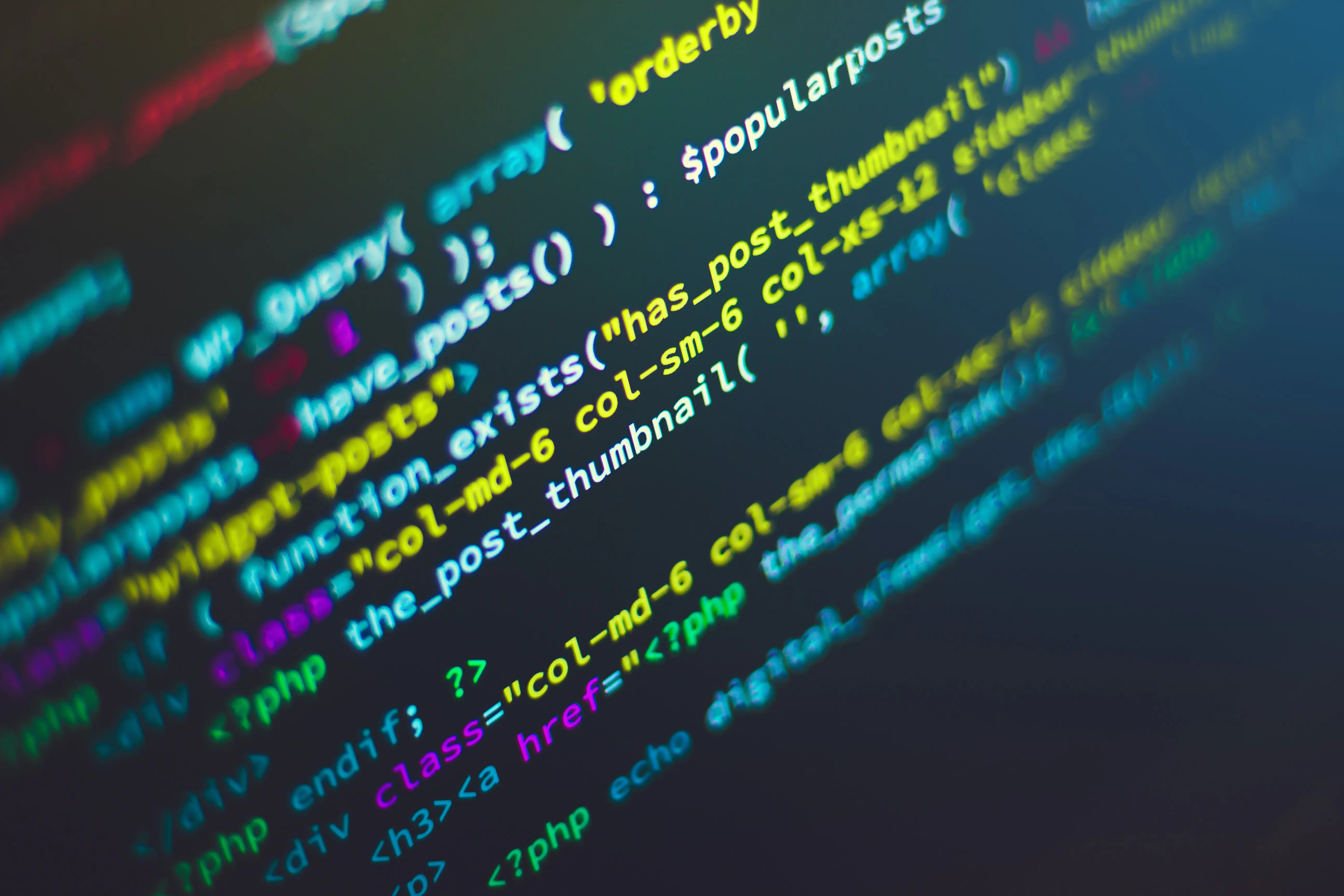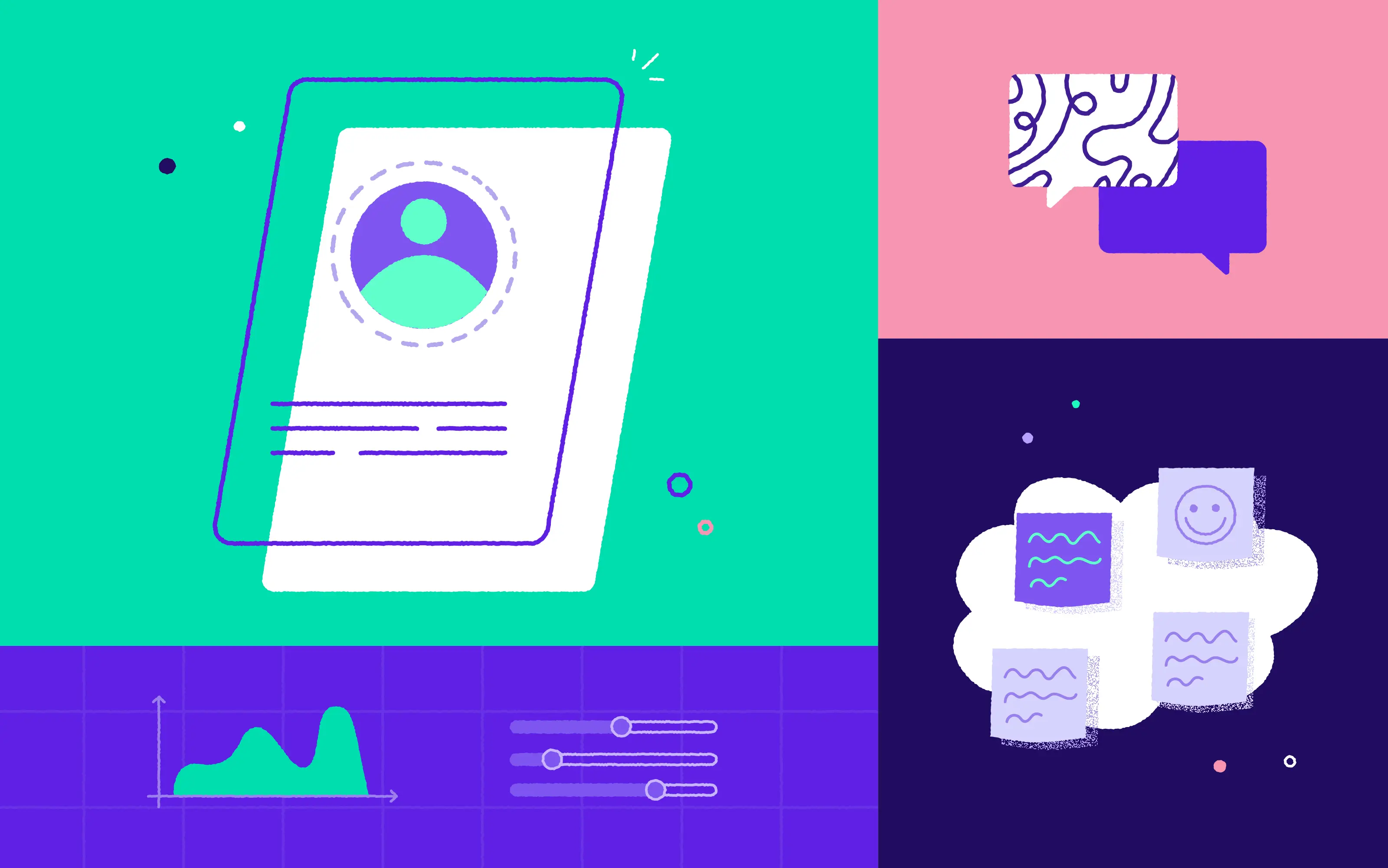
Python offers developers a very wide and eclectic choice of frameworks, with Django and Flask frequently coming out top when it comes to popularity. These frameworks differ of course when it comes to their type and uses, and each carries its own benefits and disadvantages. In this blog post we explore these in depth and offer guidance on the types of projects best suited to each.
A brief introduction to Django and Flask
Django is a full-stack Python web framework, which accelerates the development of web apps through its series of robust features and tools. Django provides developers with a complete solution, enabling them to accomplish common web development tasks with built in tools as well as third-party components made specifically for django. However, it somewhat lacks flexibility if you’re not doing things the ‘django’ way.
In contrast, Flask is a lightweight and extensible Python web framework used to build anything from simple web apps to complex systems. Flask is considered more ‘Pythonic’ than Django because in common situations the equivalent Flask web app is more explicit. Developers who are just in the process of learning it, often say that it’s easy to get started as there is little boilerplate code for getting a simple app up and running.
The top five benefits of Django and Flask
Django
- Libraries: All programming languages come with their own libraries with instructions on frequently performed tasks, as well as classes, scripts and prewritten code. The Django libraries are particularly well-developed and significantly cut the time to market. Among the most popular libraries are the Django REST framework - responsible for building APIs; Django CMS - designed to manage website content; and Django-allauth, which is an integrated set of Django applications for authentication, registration, account management, and account authentication.
- Many third-party apps: Django is extremely rich when it comes to the amount of third party apps on offer and you can select your integrations depending on the requirements of your project. Django developers are usually well-adept at recommending the right plug-ins to enable you to do exactly what you need in your digital product.
- Age/Maturity: It has been 15 years since Django’s initial public release and in that time it has gone from strength to strength, with a number of adjustments and improvements introduced over the years. Significantly, due to its time on the market, problem-solving is easy, as inevitably somebody else will have come up with the same queries and challenges as you - numerous solutions can be found in the Django community.
- Django admin: Django admin is known for being very basic and not really user friendly, but it may save time and money when it comes to developing the backoffice part of the your system, at least at the MVP stage.
- Object Relationship Mapping: Another of the main benefits of Django is its object-relational mapper (ORM) which enables developers to interact with databases. It automatically translates data from databases such as MySQL into objects commonly used in code.
Flask
- Scalability: The Flask infrastructure is built for easy scaling. With a smaller application, it's easier to deploy instances across thousands of servers in order to manage the increased load. This is part of the reason why some well known digital products, including Pinterest decided to migrate from Django to Flask as they grew in order to support more of a microservices pattern.
- Simplicity: Flask is much simpler to use than Django, which means that developers can get an easy handle on it. It’s less opinionated, meaning that there are fewer standards to learn and consequently there is less room for error.
- Flexibility: Flask’s configuration is even more flexible than that of Django. As a product owner, this means that you benefit from a vast range of solutions. This immediately reduces any issues that might come about as a result of the rigidity of project layouts in other frameworks. Unlike Django, Flask lacks its own ORM but is configurable with SQLAlchemy and peewee. You’re able to select your ORM based on your needs.
- Small core with extensibility where needed: Being a micro-framework, Flask provides far fewer levels of abstraction between the developer and the database, the requests and more, therefore leading to better performance at the core. However, if your product needs evolve, adding plug-ins is more complex than in Django.
- Modularity, leading to efficiency: Flask uses blueprints - concepts which help make larger applications modular. You have the ability to create multiple Flask apps all distributed across a broad server network (each one with its own specific purpose). This creates more efficiency and easier testing.
The bottom line is… you should select the right framework for your project.
Both Flask and Django offer a range of benefits, and your selection of framework should ultimately depend on the nature of your product.
Both Flask and Django offer a range of benefits, and your selection of framework should ultimately depend on the nature of your product.
If you’re working on a traditional application (backend, databases, some APIs), it’s probably better to select Django, which provides many out-of-the box solutions and tools, therefore minimizing external dependencies and considerably speeding up the development process. Django’s age has also resulted in a bigger community, which greatly helps with problem solving.
But, if you’re working on a complex system with many components and microservices, Flask may be the best partner for you, as it is much more flexible and offers you an essential core which you’re able to extend when needed. But remember that there may be a trade-off when it comes to flexibility, because you might devote time and effort to implement things in Flask, which Django offers for free.
We hope that you found the above summary helpful. If you’re looking for a team to help you develop a digital product in Django, Flask or a range of other technologies, we’re here to help!



